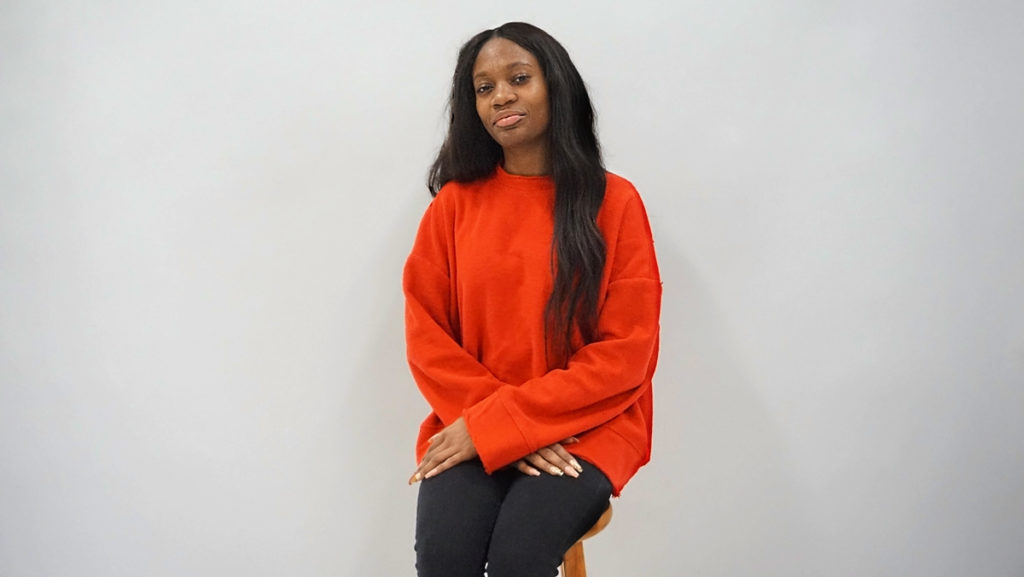Imagine. You walk into a room with your head held high, and you need not fear the significance behind your entrance. You do not walk into this room with trepidation, wondering if it will make space for you, wondering perhaps if you will be the only one of “your kind” there. “Your kind” — for the marginalized, this can mean anything. It can mean being a woman walking into a predominantly male space and being spoken over. It can mean being a person of color and feeling as though your own presence isn’t validated. You question your worth and your right to have a seat at the table, when in fact, you may be the most qualified person in the room. Perhaps it means coming from a lower socio-economic background and feeling threatened by what you don’t have: the latest MacBook, the fanciest clothes, the shiniest shoes. Imagine. You walk into a room and you feel none of these things. How free would you be? How bold?
If you fail to identify with the above description, don’t think this piece isn’t for you. In fact, it is just as much for you as it is for the marginalized. Because it’s time for you to know: The minority seated at the edge of the dinner table might have a plate, but it’s not as comfortable as being seated at the head. The marginalized have no elbow room; we shrink ourselves down to avoid taking up space and to make the person next to us comfortable. And we no longer wish to do that. We want to be our brightest selves, no longer told we exist on the cusp of society. We wish to be bold, and to be bold in a world that recurrently pushes against you is to be simply, honestly and authentically the person you were always meant to be.
Courage. Authenticity. Vision. These are the tenets of the BOLD Women’s Leadership Network, a revolutionary program designed by women, for women. BOLD focuses on nurturing young college-age women to be courageous leaders within their communities by accommodating each person’s individuality. The program began as a partnered initiative between Ithaca College President Shirley M. Collado and the Pussycat Foundation, which was established in the legacy of Helen Gurley-Brown. She was Editor-in-Chief of Cosmopolitan Magazine, a staunch feminist and a trailblazer for women’s rights. Students are accepted into BOLD in their sophomore year and actively participate in community projects in their junior and senior years. The second cohort of BOLD has decided to execute a mentoring program with New Roots Charter School, to bolster relations between the local and campus communities and to give today’s youth a chance at better achieving their desired futures.
I chose to write this commentary not just to outline the mission of BOLD and its importance on our campus but also to delineate what it means to be a BOLD scholar. Not many know what this is or what it means. And I must admit, in the beginning, I too failed to understand. Being a BOLD scholar, however, is not just about the merits one is awarded upon acceptance into this program. It is a way of life. It’s a conscious decision to make change wherever you go and never apologize for who you are and where you choose to go on your life’s journey. We, as part of the BOLD network, each come with our stories and our own identities, some intersecting, others not. But BOLD creates the space for these identities to coexist, collectively come together and change the world for the better, with those stories, one idea at a time.














